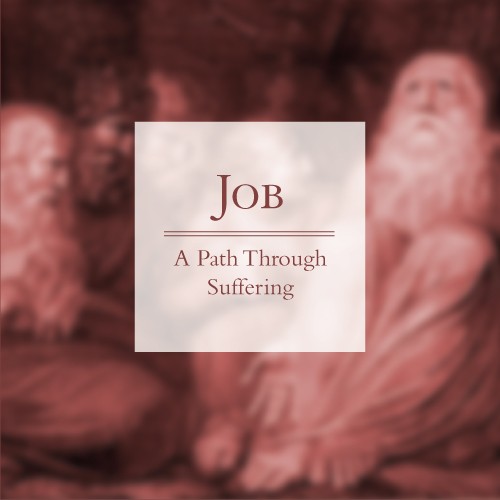
Sermon
Questions of Suffering
Tim Keller | January 6, 2008
Overview
When you suffer, it’s natural to ask the question, “Why?” Instinctively, it’s sometimes the very first thing out of our mouths when tragedy hits: “Why me? Why this? Why now?”
There’s no other book of the Bible or piece of literature that addresses the great why question of suffering with the intellectual and philosophical integrity and deftness, the emotional and dramatic realism, and the spiritual wisdom of the book of Job.
This text teaches us three things about the why question of suffering: 1) you have to avoid pat answers, 2) you need to embrace living without an answer, and 3) you need to anticipate the ultimate answer.



